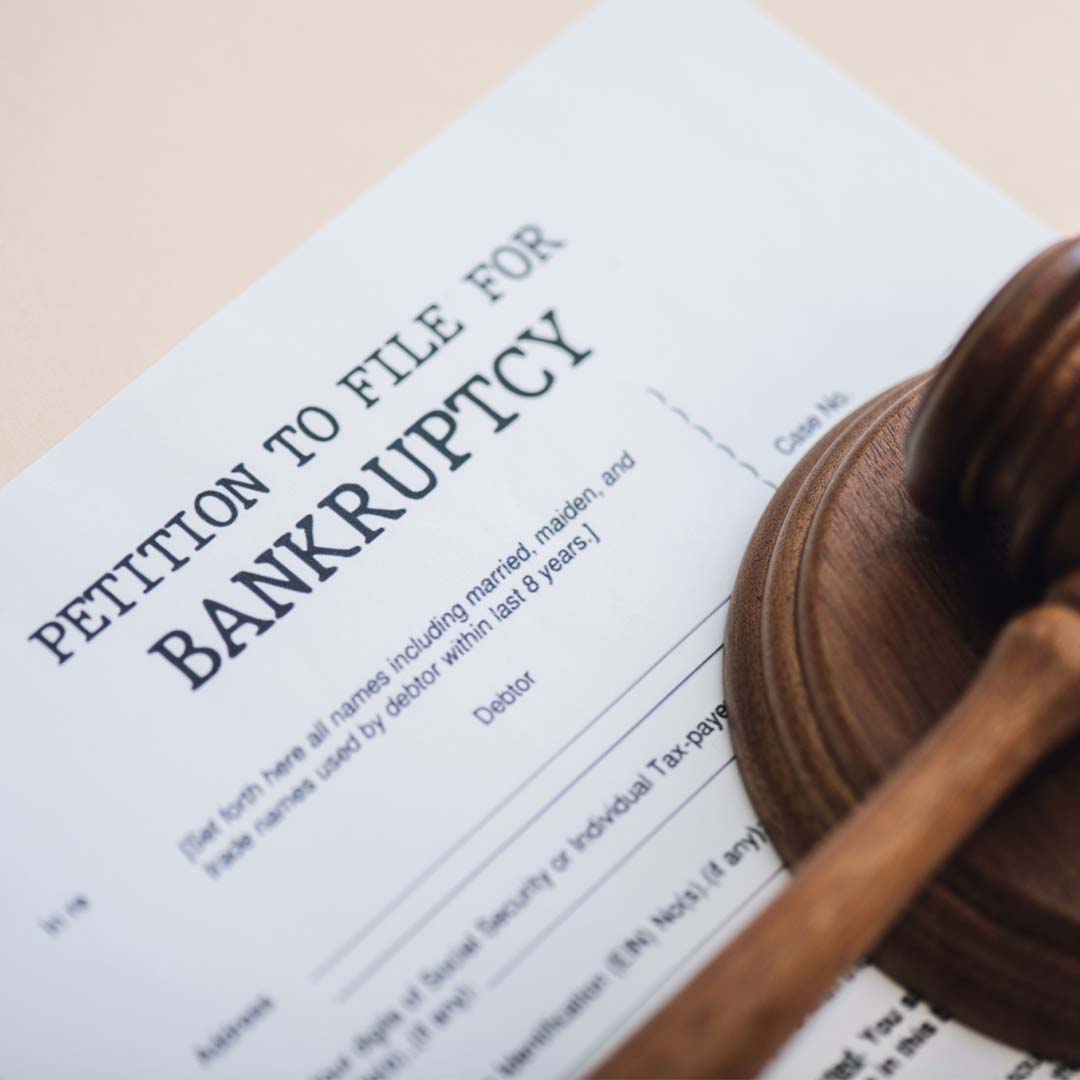
Filing for bankruptcy can feel overwhelming, but it doesn't have to be.
If you're an Arizona resident facing financial hardship in 2025, understanding your rights and options under state bankruptcy laws is the first step toward a fresh start.
This guide breaks down the key differences between Chapter 7 and Chapter 13, what assets you can protect, and how Arizona-specific rules affect your case.
Chapter 7 vs. Chapter 13: Which One Is Right for You?
Arizona residents generally choose between two types of personal bankruptcy:
Chapter 7 Bankruptcy
This is often called “liquidation bankruptcy.” It’s designed for individuals with limited income who cannot repay unsecured debts like credit cards, medical bills, or personal loans. In most cases, you can eliminate these debts entirely and protect essential assets under Arizona exemptions.
Chapter 13 Bankruptcy
Known as a “reorganization plan,” this option allows you to pay back some or all of your debt over three to five years. It’s ideal for those with a steady income who want to catch up on mortgage payments or keep valuable property that might not be exempt under Chapter 7.
Other Types of Bankruptcy in Arizona
While most individuals file under Chapter 7 or Chapter 13, there are other types of bankruptcy available depending on your situation:
Chapter 11 Bankruptcy
Typically used by businesses or individuals with significant assets or debts, Chapter 11 allows for debt reorganization while continuing to operate. It’s more complex and costly, but may be the right choice for high-income earners or business owners.
Chapter 12 Bankruptcy
Chapter 12 is designed specifically for family farmers and fishermen. It offers a streamlined repayment plan tailored to seasonal income. It’s less common but vital for those in the agricultural or fishing industries in Arizona.
These chapters are less frequently used, but they’re still essential options to know about, especially if your financial situation is unusual.
What Can You Keep? Arizona’s Bankruptcy Exemptions in 2025
One of the most common concerns is, “Will I lose everything?” The answer is no—Arizona law allows you to keep certain assets through exemptions. In 2025, the most notable include:
- Your Home: Arizona’s homestead exemption protects much of your home equity, helping many homeowners stay in their homes even after filing.
- Your Vehicle: You can protect equity in one vehicle, and the limit is higher if you or a dependent has a disability.
- Household Items: Essential furniture, clothing, appliances, and other personal property can often be fully protected.
- Wages and Retirement Accounts: Most retirement plans and a portion of your wages are off-limits to creditors.
Remember that exemptions apply only if you’ve lived in Arizona for at least two years before filing.
Important Arizona-Specific Rules to Know
Bankruptcy is federal law, but each state has its twist. In Arizona:
- You must use state exemptions (you can’t choose federal ones).
- There’s a cap on the homestead exemption if you’ve owned your home for less than three years and four months.
- Your eligibility for Chapter 7 is based on a means test—a calculation that compares your income to the state median.
Is Bankruptcy Right for You?
There’s no one-size-fits-all answer. Bankruptcy can offer tangible relief—but only if it’s done right. Filing the wrong chapter or misusing exemptions could cost you more than expected. That’s why speaking with an experienced Arizona bankruptcy attorney is critical.
Take the First Step Toward a Fresh Start
At Wesbrooks Law, we know that the decision to file for bankruptcy isn’t easy, and you don’t have to face it alone. Our team is here to help you understand your rights, protect what matters most, and confidently move forward. Reach out today at wesbrookslaw.com/contact-us or call (602) 262-4357 for a FREE consultation.


